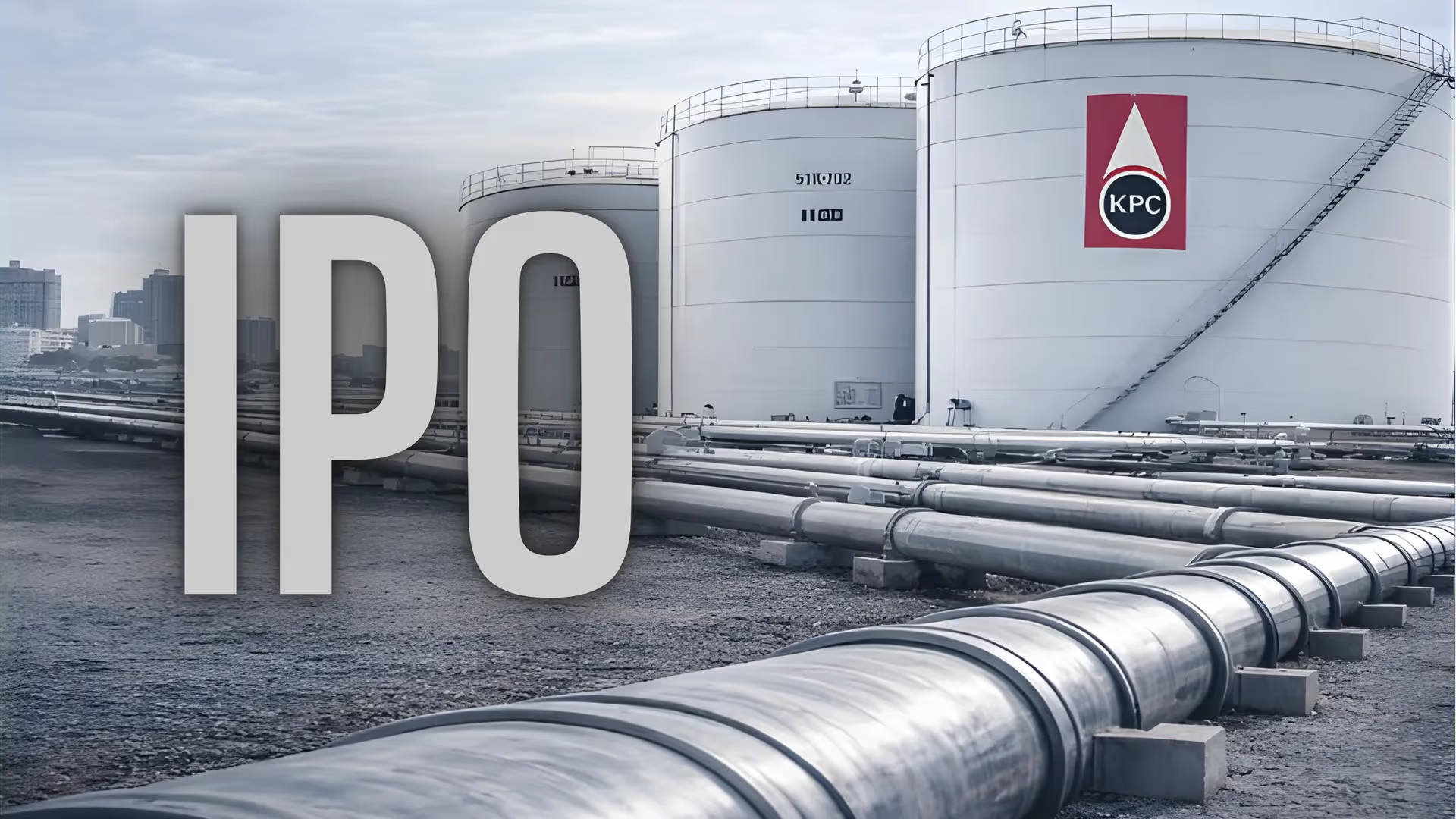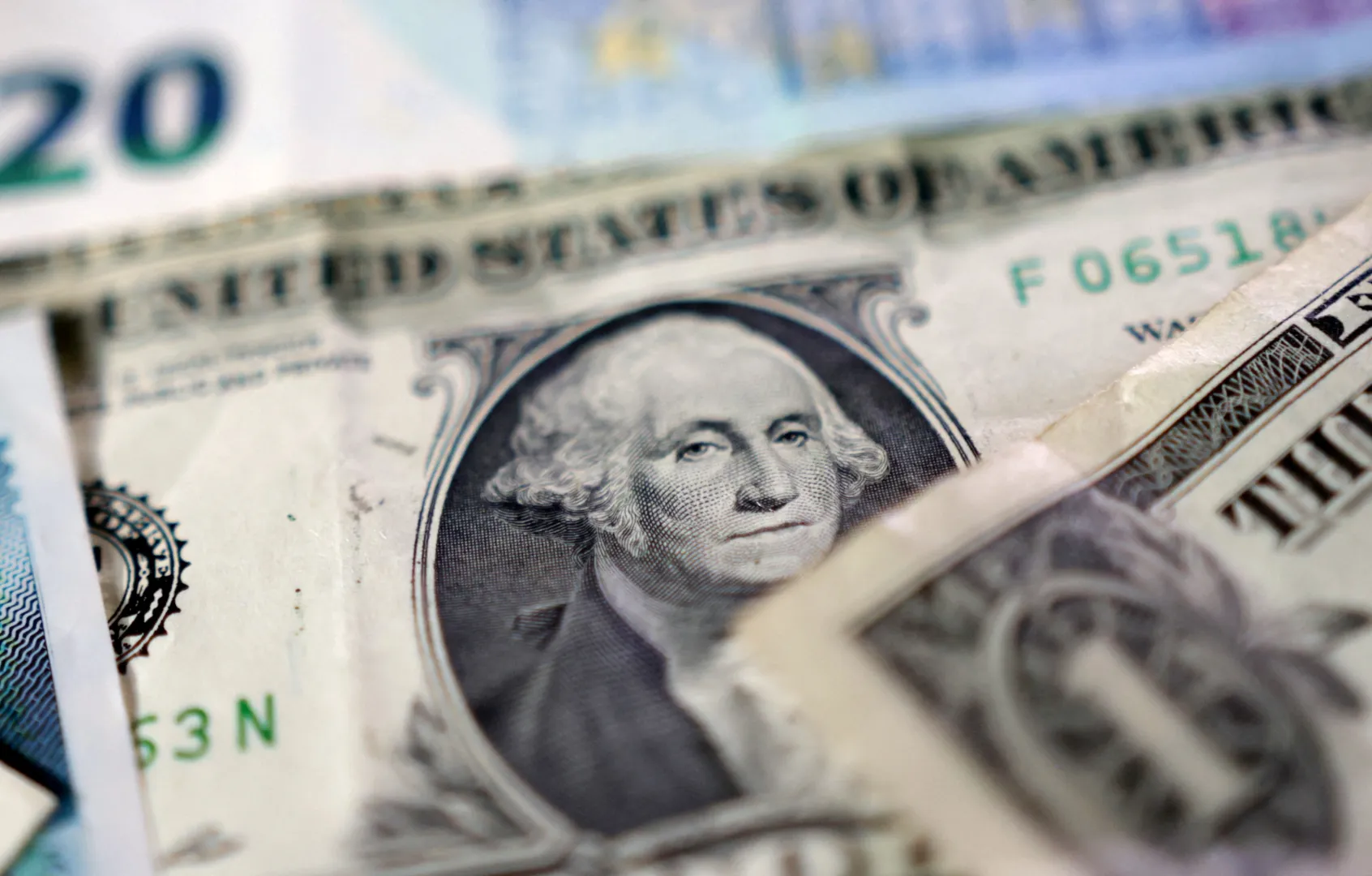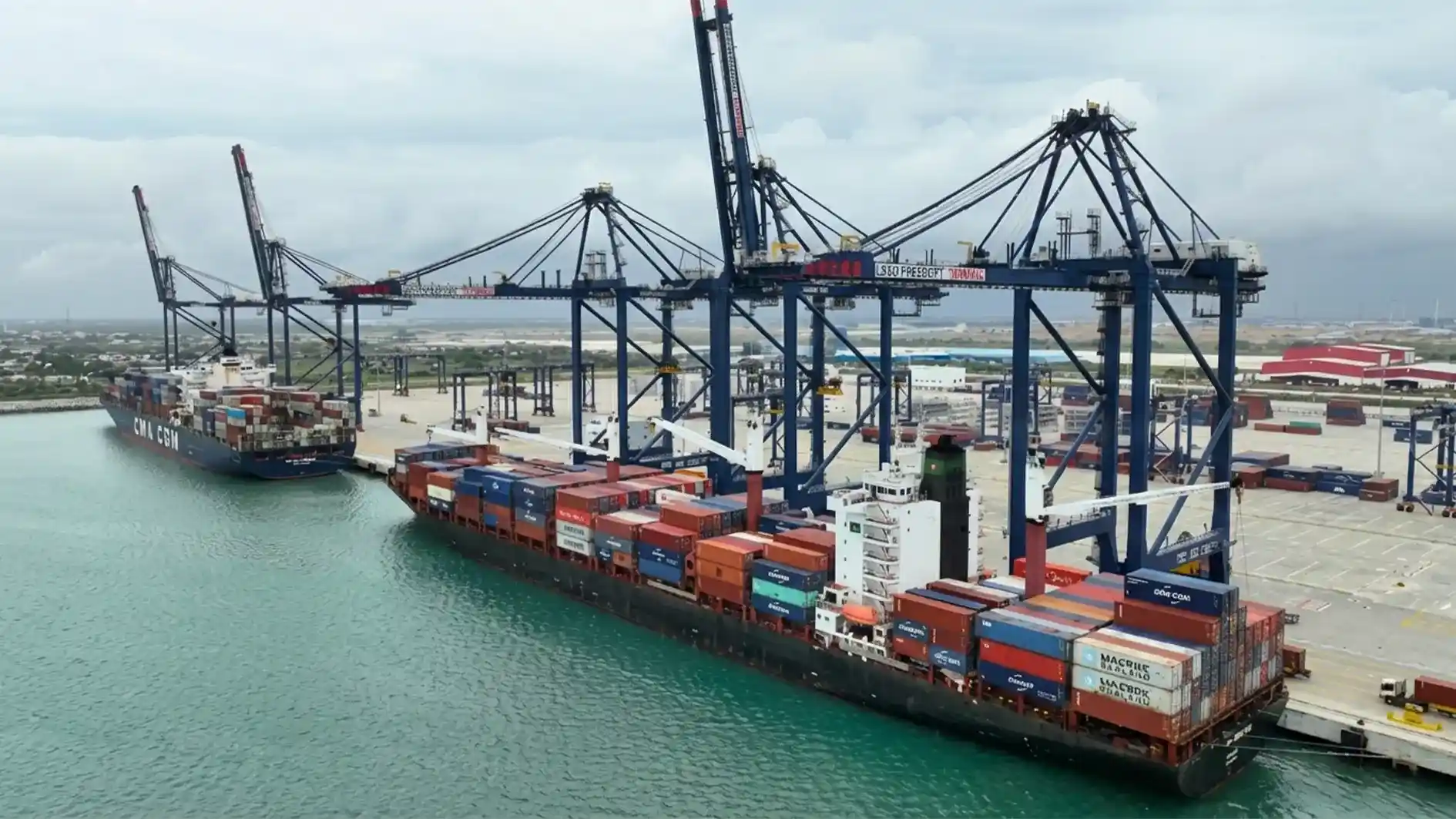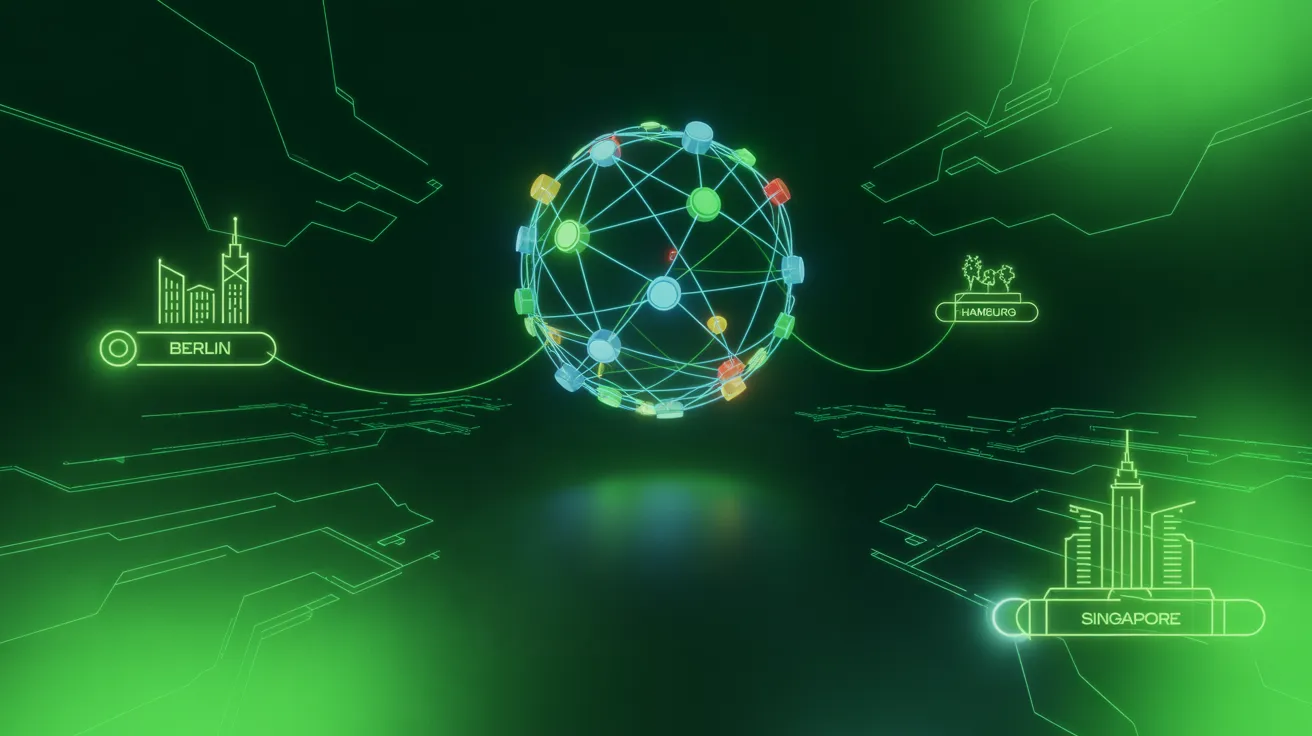In a historic move to position itself as a key player in global climate initiatives, Indonesia has officially opened its carbon exchange to international buyers. The launch marks a significant expansion of the country’s existing carbon market, which was introduced in September 2023 for domestic participants. This development is a vital step toward achieving Indonesia’s ambitious climate goals, attracting foreign investment to fund the transition to renewable energy and other green initiatives.
A Bold Step in Climate Action
The Indonesian Carbon Exchange, referred to as IDXCarbon, facilitates the trading of carbon credits generated from activities that either reduce or prevent carbon dioxide emissions. These credits are a critical tool for companies aiming to offset their emissions and enhance their environmental credibility. With its vast forests and natural resources, Indonesia is uniquely positioned to generate significant carbon credits, making the nation an essential player in the global carbon market.
Indonesia’s decision to open its carbon exchange to international buyers aligns with the country’s broader goals of reducing greenhouse gas emissions and fostering sustainable economic growth. The Environment Minister, Hanif Faisol Nurofiq, hailed the launch as “an important milestone in our collective journey towards a sustainable future.” The move also reflects Indonesia’s recognition of the global demand for credible and high-quality carbon credits, which have become an essential component of many countries’ climate strategies.
Indonesia’s Climate Commitments
Indonesia is among the world’s largest emitters of greenhouse gases, largely due to its reliance on coal for energy production. Recognizing the urgent need to shift toward sustainable energy sources, President Prabowo Subianto has introduced several key climate initiatives. These include:
- Accelerated Net-Zero Timeline: In 2024, President Subianto announced a commitment to achieve net-zero emissions by 2050, advancing the previous target of 2060 by a decade. This pledge underscores the government’s dedication to addressing climate change more aggressively.
- Phasing Out Fossil Fuels: As part of its decarbonization efforts, Indonesia plans to retire all coal and fossil fuel power plants by 2040. This is a significant undertaking, considering that coal currently accounts for over 60% of the nation’s electricity generation.
- Renewable Energy Expansion: The government aims to build more than 75 gigawatts of renewable energy capacity by 2040. This includes investments in geothermal, solar, wind, and hydropower energy sources, leveraging the nation’s abundant natural resources.
- Green Financing Through Carbon Markets: Revenue generated from carbon credit sales on the exchange will be channeled into financing renewable energy projects and other green initiatives. This approach is expected to play a crucial role in meeting the country’s ambitious energy transition goals.
Challenges in Implementation
While the opening of the carbon exchange has been widely applauded, it is not without its challenges. Indonesia’s transition to a greener economy faces several hurdles, including regulatory gaps, financing constraints, and questions about the effectiveness of carbon credit mechanisms.
One of the primary concerns is the credibility of carbon credits. Globally, carbon credits have faced criticism over issues such as shoddy accounting practices, double-counting of emissions reductions, and even outright fraud. To address these concerns, the Indonesian government has pledged to guarantee every credit issued on its exchange. Rigorous scrutiny will ensure that the credits meet international standards and accurately represent emissions reductions.
Another challenge is ensuring that carbon credits sold on the exchange are “additional.” This means that the emissions reductions attributed to the credits would not have occurred without the incentive provided by the credits themselves. Proving this “additionality” often involves complex counterfactual analysis, which remains a key challenge for the carbon market.
Skepticism from Experts
Despite the government’s assurances, some experts remain skeptical about the effectiveness of the carbon exchange. Fabby Tumiwa, the executive director of the Institute for Essential Services Reform, has pointed out that the domestic carbon market has attracted relatively little interest since its launch. He argued that the market’s design does not fully align with Indonesia’s emissions reduction strategy, raising questions about its overall impact.
Tumiwa also highlighted the need for the credits available on the exchange to meet international standards. Without compatibility with global frameworks, the market risks losing credibility among foreign investors, which could hinder its potential to drive meaningful change.
Indonesia’s Renewable Energy Potential
Indonesia’s rich natural resources provide immense potential for renewable energy development. The country has one of the world’s largest reserves of geothermal energy, with an estimated potential of over 29 gigawatts. Additionally, its tropical climate and vast coastline offer significant opportunities for solar and wind energy production.
The government has identified key areas for renewable energy expansion, including the development of solar farms, wind power projects, and hydropower plants. However, these projects require substantial investment and policy support to become viable at scale. The funds raised through the carbon exchange are expected to play a pivotal role in accelerating these developments.
Global Context
Indonesia’s carbon exchange launch comes at a time of heightened global focus on carbon markets. In 2024, world leaders reached new agreements on country-level trade in carbon credits at the COP29 climate conference. These guidelines aim to standardize the global carbon market, ensuring transparency and integrity in credit transactions.
As a major emitter with vast potential for emissions reductions, Indonesia’s participation in the global carbon market is seen as critical. By opening its exchange to international buyers, the country aims to position itself as a leader in the carbon trading ecosystem while attracting foreign investment to support its domestic climate goals.
Initial Trading Activity
The carbon exchange’s opening day saw promising activity, with at least nine transactions completed. These accounted for more than 41,000 tons of carbon dioxide equivalent, signaling initial interest from market participants. While the volume may seem modest, experts view it as a positive start, given the relatively nascent stage of Indonesia’s carbon market.
Future Prospects
The success of Indonesia’s carbon exchange will depend on several factors, including the government’s ability to maintain high standards for credit verification, attract foreign investors, and align the market with the country’s broader emissions reduction strategy. Additionally, robust collaboration with international stakeholders will be crucial to ensure compatibility with global carbon trading frameworks.
Looking ahead, Indonesia’s carbon exchange has the potential to serve as a model for other developing nations seeking to leverage carbon markets to finance their green transitions. However, realizing this potential will require sustained effort, transparency, and a strong commitment to environmental integrity.
Conclusion
Indonesia’s launch of an international carbon exchange represents a bold and ambitious step toward achieving its climate goals. By opening the market to foreign investors, the country aims to unlock new funding streams for renewable energy projects and other sustainability initiatives. While challenges remain, the initiative underscores Indonesia’s determination to lead by example in the global fight against climate change. With careful planning and effective execution, the carbon exchange could become a cornerstone of the nation’s green economy and a catalyst for meaningful environmental progress.
Ready to take your career to the next level? Join our dynamic courses: ACCA, HESI A2, ATI TEAS 7 , HESI EXIT , NCLEX – RN and NCLEX – PN!🌟 Dive into a world of opportunities and empower yourself for success. Explore more at Serrari Ed and start your exciting journey today! ✨
photo source: Google
By: Montel Kamau
Serrari Financial Analyst
20th January, 2024
Article, Financial and News Disclaimer
The Value of a Financial Advisor
While this article offers valuable insights, it is essential to recognize that personal finance can be highly complex and unique to each individual. A financial advisor provides professional expertise and personalized guidance to help you make well-informed decisions tailored to your specific circumstances and goals.
Beyond offering knowledge, a financial advisor serves as a trusted partner to help you stay disciplined, avoid common pitfalls, and remain focused on your long-term objectives. Their perspective and experience can complement your own efforts, enhancing your financial well-being and ensuring a more confident approach to managing your finances.
Disclaimer: This article is for informational purposes only and does not constitute financial advice. Readers are encouraged to consult a licensed financial advisor to obtain guidance specific to their financial situation.
Article and News Disclaimer
The information provided on www.serrarigroup.com is for general informational purposes only. While we strive to keep the information up to date and accurate, we make no representations or warranties of any kind, express or implied, about the completeness, accuracy, reliability, suitability, or availability with respect to the website or the information, products, services, or related graphics contained on the website for any purpose. Any reliance you place on such information is therefore strictly at your own risk.
www.serrarigroup.com is not responsible for any errors or omissions, or for the results obtained from the use of this information. All information on the website is provided on an as-is basis, with no guarantee of completeness, accuracy, timeliness, or of the results obtained from the use of this information, and without warranty of any kind, express or implied, including but not limited to warranties of performance, merchantability, and fitness for a particular purpose.
In no event will www.serrarigroup.com be liable to you or anyone else for any decision made or action taken in reliance on the information provided on the website or for any consequential, special, or similar damages, even if advised of the possibility of such damages.
The articles, news, and information presented on www.serrarigroup.com reflect the opinions of the respective authors and contributors and do not necessarily represent the views of the website or its management. Any views or opinions expressed are solely those of the individual authors and do not represent the website's views or opinions as a whole.
The content on www.serrarigroup.com may include links to external websites, which are provided for convenience and informational purposes only. We have no control over the nature, content, and availability of those sites. The inclusion of any links does not necessarily imply a recommendation or endorsement of the views expressed within them.
Every effort is made to keep the website up and running smoothly. However, www.serrarigroup.com takes no responsibility for, and will not be liable for, the website being temporarily unavailable due to technical issues beyond our control.
Please note that laws, regulations, and information can change rapidly, and we advise you to conduct further research and seek professional advice when necessary.
By using www.serrarigroup.com, you agree to this disclaimer and its terms. If you do not agree with this disclaimer, please do not use the website.
www.serrarigroup.com, reserves the right to update, modify, or remove any part of this disclaimer without prior notice. It is your responsibility to review this disclaimer periodically for changes.
Serrari Group 2025
















